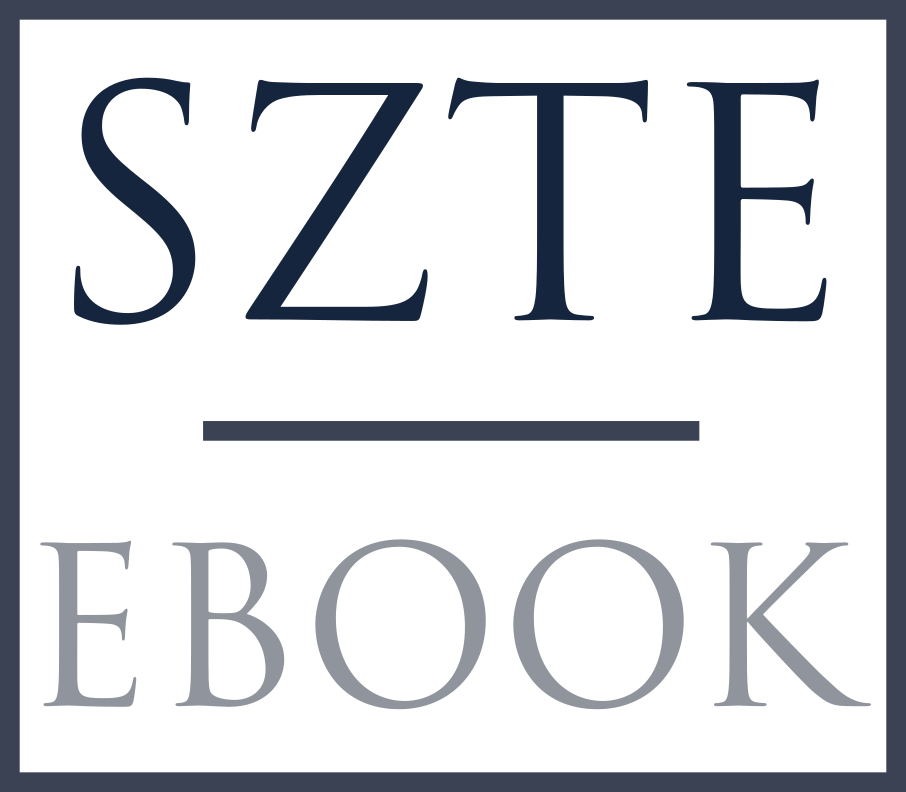Чередования гласных в именных и глагольных основах в сургутском диалекте хантыйского языка
Synopsis
This paper discusses the vowel alternation in verbal stems of the Surgut dialect of Khanty in comparison with the alternation in nouns. The low vowels in verbal stems alternate with the high vowels of the corresponding row. Mid long vowels in both nominal and verbal stems demonstrate an irregular alternation: they either do not alternate at all, like high vowels, or alternate like low vowels. Three types of alternations are revealed: three different long vowels are represented in the forms of the present, past and imperative: for example, the long back low rounded vowel [o] alternates in the past tense with [u], and in the imperative mood ‒ with [y]. Other vowels form alternating pairs, which are distributed differently in different verb forms. Two different long vowels are used in the forms of the present tense, on the one hand, and in the forms of the past tense and imperative mood, on the other hand. In the stems with short vowels, the forms of the present and past tense of the indicative are opposed to the forms of the imperative. Unlike nouns, where only long vowels are allowed to alternate, in verbs short vowels also participate in the alternation. Long vowels alternate with long ones, and short vowels alternate with short ones.


